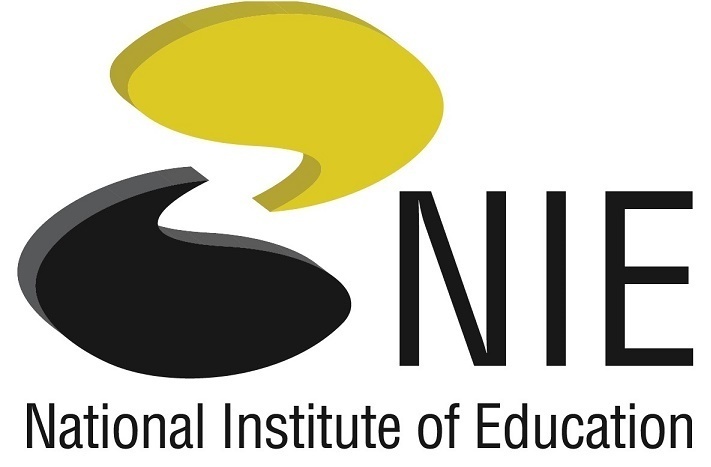
The Undergraduate Medical Interview
The third and final step in your journey into an undergraduate medical degree is the medical interview. This step is paramount and just as important as the required ATAR and UMAT scores (click here see our previous article on doing well in the UMAT). However, applicants quite often overlook this step, as they assume that the skills in the interview are natural and you either have it or you don’t. Others assume that the interview is merely about the University wanting to get to know you and that the questions will be straightforward.
The truth is somewhat different though.
Although it is true that there will be questions in the interview that allows the interviewer to get to know you better, many other trick questions are asked that test you on many different character facets and attributes. This would not be a problem, if the applicant was given sufficient time and would be in a relaxed environment so that they could calmly and comfortably exhibit their best attributes. But the reality is that only very few naturally have the character capacity and the required skill that would keep them calm and collected in an interview of this calibre, where your future depends on it. Furthermore, many universities are now opting for MMI (Multi Mini Interview) setting, which really makes it difficult to build a rapport with the interviewer, as you are only given 6-8 minutes to answer a question. Further to this, many stations are scenario based, where the interviewee is put in an unfamiliar or uncomfortable position, which really pushes the boundaries of their character attributes and skills.
Henceforth, preparing for the interview is just as important as preparing for you school exams and the UMAT. Since 1999, The National Institute of Education has been conducting interview preparation programs. Over this lengthy period, we have worked everyone from year 11 and 12 students to a CEO of large corporations who at a mature age wanted to follow his childhood dream of becoming a physician. We have also trained numerous medical specialists for specific medical interviews. The one common factor amongst all of these individuals has been that although they were all fit and suitable people for the job, they lacked the ability to present their skills and attributes effectively in a short period of time.
How do I prepare for the interview?
The best way to prepare for the interview, is by firstly learning how NOT TO prepare! In short, interview preparation is not about learning and practicing rote answers. In fact, learning answers by rote is the worst type of interview preparation and only very incompetent and inexperienced interview coaches would teach this method. One of the main reasons that universities strongly oppose interview preparation organisations is that they are worried that students will be taught and prepared poorly. This could have two possible adverse results that can both affect the university and the interviewee.
Firstly, the university may miss out on a good and valid applicant, because the applicant came across too prepared and non-genuine in the way that the questions were answered. This is a very real possibility, as most people will take the safe option, when under stress. And if you were taught answers by rote, it is very likely that you will, in a very mechanical and almost unintentional manner, start answering the question with your pre-rehearsed and prepared answer. An experienced interviewer would pick on this fact very quickly and possibly mark the answer with zero. In a structured panel, you may be given a fighting chance to rephrase and improve your chances, but in a MMI situation, time might be against you, hence failure becomes immanent. Therefore, this would result in a loss-loss situation for all, the interviewer, the interviewee and even the medical field as a whole.
The second unfavourable outcome could affect both the applicant and the university, whereby an individual who does not have the right character for the field, cheats his way through the interview process with the use of pre-rehearsed rote answers. The interview is there for a reason. It is not merely to safeguard the university that is offering the position, but in a way by assessing and qualifying the applicant successfully the interviewer is actually doing the unsuccessful interviewee a great favour by not passing them. Imagine being in a job when your true passion completely lies in another field. It must be realised that at the end of the day, after a relatively short period of time every physician and dentist realises the fact that being a doctor is just another job, and by any means it is not an easy job. It requires a massive amount of physical, mental and emotional strength, and the only people that will enjoy this career and excel in it, are those who really have the passion for their career.
Correct interview preparation technique
At NIE, we take a grass root approach when it comes to preparing students for the interview. The interview process is essentially a sale process, except, the salesman is also the product that is being sold. In order to successfully sell any product, the salesman not only needs to know the product really well, but also believe in its performance. This means, that the interviewee must know all of their own attributes in detail, including special skills, interests, strengths, weaknesses, experiences etc.
 We also teach a range of strategies, which help interviewees arrange their answers in a more presentable and proper manner. Biggest problem faced during the interviews, is caused by stress and high anxiety levels. This is when interviewees, forget important information about themselves or they present it in a manner, which does more harm than good.
We also teach a range of strategies, which help interviewees arrange their answers in a more presentable and proper manner. Biggest problem faced during the interviews, is caused by stress and high anxiety levels. This is when interviewees, forget important information about themselves or they present it in a manner, which does more harm than good.
NIE conducts a range of different interview training sessions as per the list below:
- 1 Day medium group workshop (30 students max.) – This is a great starting point for anyone of all ages and any level of past experience. Most students find this structure quite sufficient and will not require any further training.
- 6 Hour intensive small group workshop (3-5 students) – Subject to availability, this workshop is recommended for those who are more comfortable in working in smaller or close groups. This style of interview training is also ideal for GAMSAT (postgraduate medical interview) as the closed small group environment allows all participants to not only be in the hot seat, but to also closely observe others from the interviewer’s perspective. This is important, as quite often more mature students may have difficulty in accepting criticism. However, once you see another participant being scrutinised about a similar issue, it allows for critical self-evaluation / reflection to be made through indirect learning approach.
- One-on-one interview training workshop. Subject to availability, this style of training is only recommended for those who require some extra help OR were not able to attend a workshop. Also this interview training is only available to those who have already received an interview offer from the university.
For more information about NIE medical interviews program, please visit
www.nie.edu.au/umat-interview
This is a sponsored post by NIE.
More articles on My Health Career

